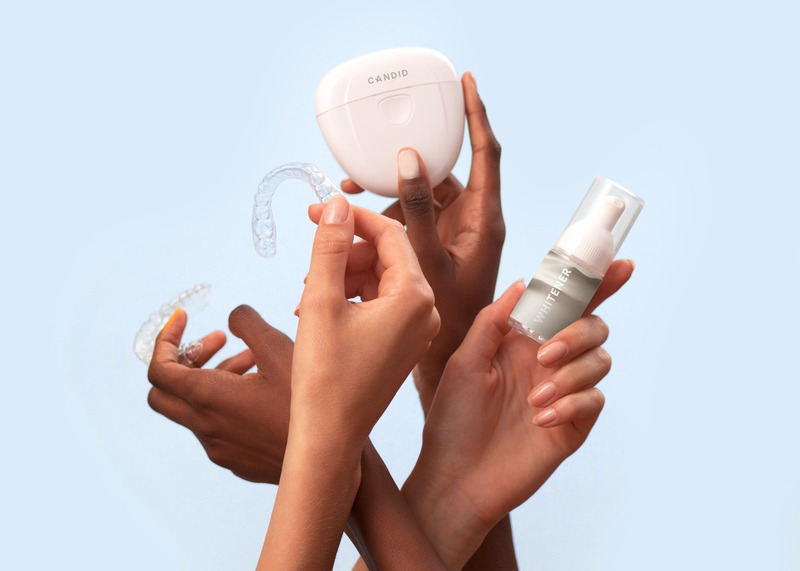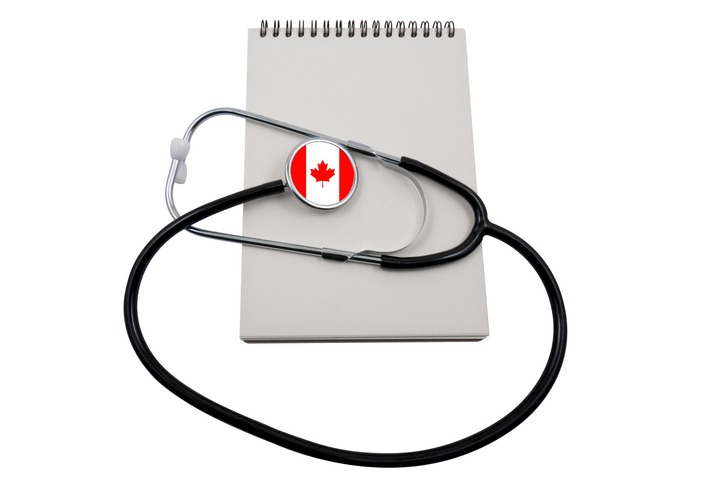Cosmetic dentistry has come a long way in enhancing our smiles. The options are vast, from straightforward teeth whitening to more complex dental implants. Yet, despite the procedure’s complexity, comfort during these treatments remains paramount. That’s where dental sedation steps in, making what could be an anxious time for many a breeze. But, preparing for dental sedation requires a bit of knowledge and some preparation. So, let me guide you through this process, ensuring your experience is as smooth as your soon-to-be impeccable smile.
What It Is and Why It’s Used
Before we look into the preparation part, let’s understand what dental sedation entails. In simple terms, dental sedation includes various methods used to relax a patient before and during a dental procedure. From mild sedatives, where you’re awake but relaxed, to general anesthesia, where you’re completely unconscious, the method depends on the procedure’s intensity and your comfort level.
Dental sedation is a boon for those with dental anxiety or undergoing lengthy procedures, making comfortable dental procedures with sedation in Akron a sought-after service. The importance of a relaxed patient cannot be overstated, as it not only ensures the smooth conduct of the procedure but also significantly reduces recovery time, making your journey to a perfect smile as comfortable as possible.
Preparation Steps for Dental Sedation
Now that we’ve understood the significance of dental sedation, let’s walk through how you can prepare for it:
1. Consultation Is Key
Your journey begins with a detailed consultation with your dentist. This is the time to lay all your concerns on the table, discuss your medical history, and review the sedation options available. This understanding will guide you in making an informed decision, aligning your comfort with the procedure requirements.
2. Fasting Before the Procedure
Depending on the type of sedation, you might be required to fast for a certain period before your procedure. This is usually the case with more profound sedation methods to avoid any complications during and after the procedure. Your dentist will give you precise instructions based on the chosen sedation method.
3. Preparing Your Home for Aftercare
Post-procedural care is as crucial as the procedure itself. It’s advisable to prepare your home for a comfortable recovery. This might include arranging for someone to stay with you for at least 24 hours, preparing a restful area, and stocking up on recommended foods, such as soft or liquid diets, if necessary.
4. Arranging Transportation
Dental sedation, especially those that induce deep relaxation or sleep, will impair your driving ability. Ensure you have someone to drive you home post-procedure. This is for your safety and a requirement from most dental offices before performing sedated procedures.
Finding the right dental office for your cosmetic surgery is crucial. A good office provides the necessary expertise and ensures a comforting environment that can significantly ease the anxiety associated with dental procedures. A dental office, especially Akron’s leading dentist office, plays a pivotal role in making sure your overall experience, from consultation to recovery, is seamless and comforting. The staff’s expertise and state-of-the-art facilities ensure your journey toward a brighter smile is in good hands.
Common Dental Cosmetic Treatments That May Involve Sedation
Let’s explore a few cosmetic dental procedures where sedation is often utilized:
-
Implants: Whether it’s replacing a single tooth or more, implants require precision and, often, sedation to make the process smoother.
-
Dental Veneers: Veneers offers a personalized solution for those looking to enhance their smile. Acquiring personalized veneers service in Akron ensures your veneers fit perfectly, matching the natural color of your teeth. This process might require mild to moderate sedation for comfort.
-
Extensive Smile Makeovers: More comprehensive procedures that address multiple aesthetic or functional issues in one go usually require deeper levels of sedation.
Diet and Medication Considerations Before Sedation
As part of your preparation, paying attention to your diet and medication intake before sedation is crucial. Here are some tips:
-
Avoid alcohol and smoking for at least 24 hours before your procedure.
-
Discuss your regular medications with your dentist to ensure they don’t interfere with the sedation.
-
Stick to a light meal the day before, if allowed, and avoid eating anything past the fasting cut-off time provided by your dentist.
What to Wear and What to Bring
Last but not least, comfort should be your mantra when choosing what to wear on the day of your procedure. Opt for loose-fitting, comfortable clothing. Also, bring any necessary documents, such as your ID and insurance information, and a list of medications you’re taking.
Final Thoughts
Undergoing cosmetic dental surgery can significantly enhance your quality of life, boosting your confidence and ensuring a radiant smile. While the thought of dental sedation might initially seem daunting, understanding its purpose and preparing yourself adequately can make all the difference. Communication is critical, so keeping an open line with your dental team will ensure you’re fully prepared for a smooth and comfortable experience. With the proper preparation and a professional team by your side, your journey toward a perfect smile will be nothing short of rewarding.




